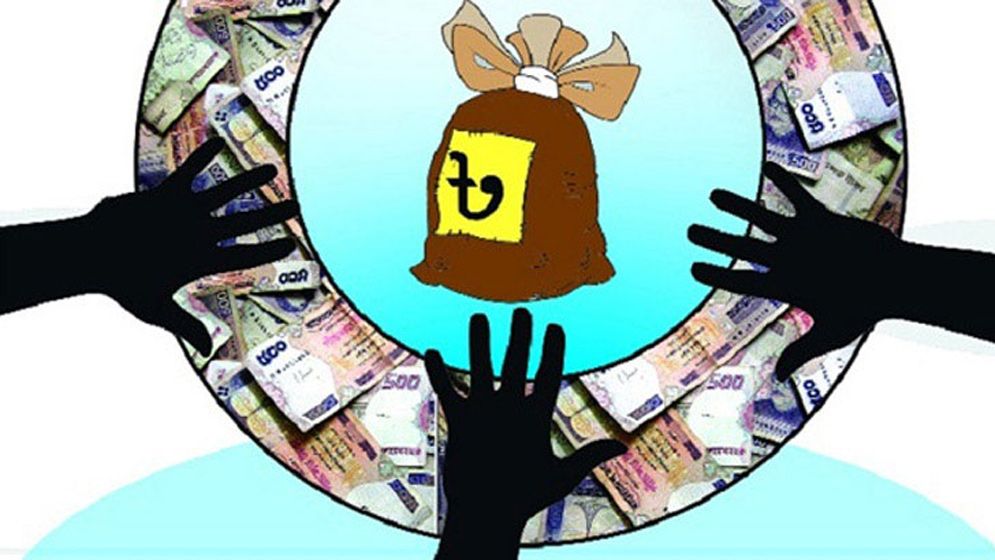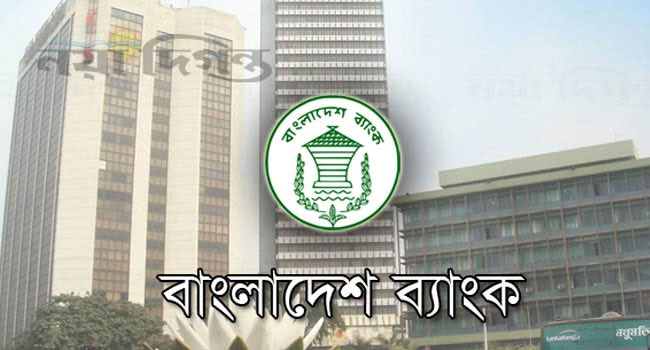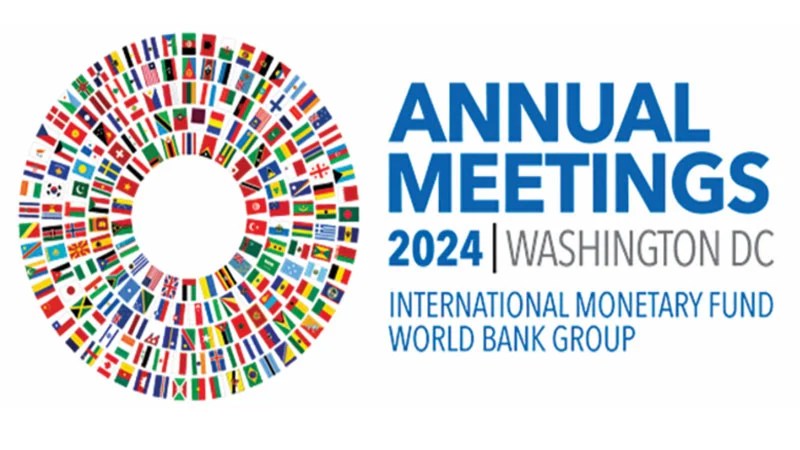Most of the country’s Non-Banking Financial Institutions (NBFIs) are in dire straits. Due to irregularities, looting and loan scams, most of the loans of most institutions are now in default. Especially the situation of 15-16 financial institutions is very fragile. 45 to 99 percent of the loans disbursed to these institutions have defaulted.
However, overall, 33 percent of loans have defaulted in the entire sector. Among these are large defaults, which are uncollectible. This information has come out in the June report of Bangladesh Bank this year.
Industry stakeholders and experts say this is not the real picture. Actual defaults are higher, which bodes ill for the sector. Most of the institutions have reached the brink of collapse except for a few.
According to the latest report of Bangladesh Bank, currently the number of non-banking financial institutions in the country is 35. As of June 2024, the amount of disbursed loans of financial institutions stood at 74 thousand 534 crores. Out of these loans, 24 thousand 711 crore rupees have defaulted. That is, 33.15 percent of the disbursed loans are in default. At the end of June 2023, the amount of defaulted loans of these institutions was 19 thousand 951 crores. In other words, defaulted loans increased by Tk 4 thousand 760 crores within one year.
People related to the sector said that Prashant Kumar (PK) Halder, a much-discussed person in the financial sector, has committed massive irregularities and corruption in various financial institutions. The entire financial sector including the banking sector has to pay the loss. Some of the financial institutions owned or owned by PK Halder have the highest default rates. Apart from this, the non-performing loans are also increasing in other financial institutions related to these financial institutions, due to which the non-performing loans are increasing in this sector as a whole.
According to the information received, among the financial institutions related to PK Halda, the default rate of People’s Leasing is 99 percent or 1 thousand 96 crores, the default rate of Bangladesh Industrial Finance Company Limited (BIFC) is 96.85 percent or 743 crores, the default rate of International Leasing is 94.76 crores. percent or 3 thousand 912 crore rupees. Apart from this, the defaulted loan of FAS Finance related to PK Halda is 89.56 percent or 1 thousand 645 crore and the defaulted loan of Aviva Finance is 71.72 percent or 1 thousand 902 crore. Aviva’s board has already been dissolved and reorganized.
Apart from this, the non-performing loans of First Finance are 94.41, GSP Finance 92.37, First Finance 89.41, Premier Leasing 66.74, CVC Finance 59.39, Meridian Finance 59.17, IIDFC 58.64, Hajj Finance 57.79. , 57.79 percent of Phoenix Finance, 56.86 percent of National Finance, 52.82 percent of Bay Leasing and 50.48 percent of Uttara Finance.
When asked what the central bank’s role should be in reforming financial institutions, former managing director (MD) of NCC and Meghna Bank, Mohammad Nurul Amin told Yugantar that the same way reforms are underway in the banking sector, non-bank financial institutions can also be reformed. I don’t see any other option.
The report of Bangladesh Bank also shows that the amount of uncollectible loans in the financial institutions sector till June is Tk 21 thousand 33 crores, which is 28.22 percent of the total defaulted loans. Analysts believe that such a large amount of bad debt has put the financial institutions sector at risk.
It is known that till June 2020 the default of financial institutions was 8 thousand 906 crores. In June 2021, it increased to Tk 10 thousand 328 crore. In June 2022, it further increased to 15 thousand 936 crores. And in June last year, the amount of this default was 19 thousand 951 crores.
A managing director of a financial institution, who did not wish to be named, said, ‘The overall economy is under challenge. Because of this, defaulted loans are increasing due to reduced repayment of loans. Banks have various types of loans, but financial institutions do not have so many options. Because of this, defaulted loans are increasing. Bangladesh Bank is finding defaulted loans under the carpet of financial institutions. Although the index of some good financial institutions may deteriorate temporarily, the institutions with good board of directors and management will do well in the future.’
Meanwhile, the deposits of non-banking financial institutions increased to Tk 45 thousand 116 crore in the April-June quarter. It was 44 thousand 304 crores in the previous quarter. Although more than 48,500 depositors have left financial institutions in these three months.





